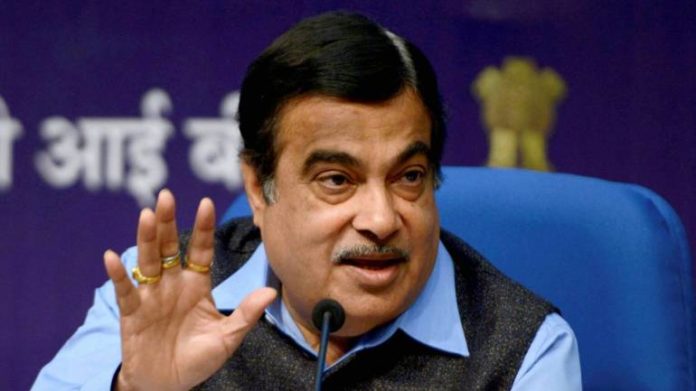MONETARY POLICY – Short Notes – Source: RBI
Want to Become a Bank, Central / State Govt Officer in 2020?
Join the Most awarded Coaching Institute & Get your Dream Job


Now Prepare for Bank, SSC Exams from Home. Join Online Coure @ lowest fee
Lifetime validity Bank Exam Coaching | Bank PO / Clerk Coaching | Bank SO Exam Coaching | All-in-One SSC Exam Coaching | RRB Railway Exam Coaching | TNPSC Exam Coaching | KPSC Exam Coaching
MONETARY POLICY – Short Notes – Source: RBI
Monetary policy refers to the use of instruments under the control of the central bank to regulate the availability, cost and use of money and credit.
Overview
Monetary policy refers to the policy of the central bank with regard to the use of monetary instruments under its control to achieve the goals specified in the Act.
The Reserve Bank of India (RBI) is vested with the responsibility of conducting monetary policy. This responsibility is explicitly mandated under the Reserve Bank of India Act, 1934.
The goal(s) of monetary policy
The primary objective of monetary policy is to maintain price stability while keeping in mind the objective of growth. Price stability is a necessary precondition to sustainable growth.
In May 2016, the Reserve Bank of India (RBI) Act, 1934 was amended to provide a statutory basis for the implementation of the flexible inflation targeting framework.
The amended RBI Act also provides for the inflation target to be set by the Government of India, in consultation with the Reserve Bank, once in every five years. Accordingly, the Central Government has notified in the Official Gazette 4 per cent Consumer Price Index (CPI) inflation as the target for the period from August 5, 2016 to March 31, 2021 with the upper tolerance limit of 6 per cent and the lower tolerance limit of 2 per cent.
The Central Government notified the following as factors that constitute failure to achieve the inflation target:
(a) the average inflation is more than the upper tolerance level of the inflation target for any three consecutive quarters; or
(b) the average inflation is less than the lower tolerance level for any three consecutive quarters.
Prior to the amendment in the RBI Act in May 2016, the flexible inflation targeting framework was governed by an Agreement on Monetary Policy Framework between the Government and the Reserve Bank of India of February 20, 2015.





